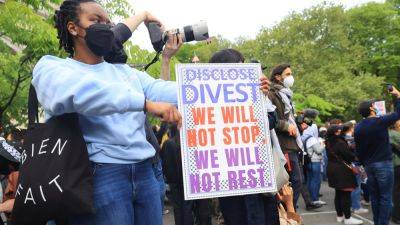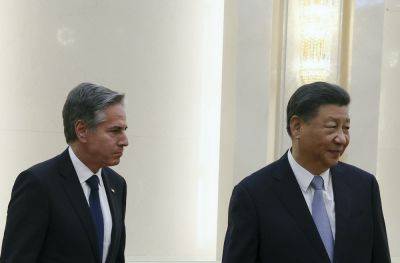Families of Nepali mercenaries fighting for Russia in Ukraine war pressure government for their rescue: ‘hope is all we have’
Family members protested twice outside the seat of the government, and once outside the Russian Embassy, from where many of them were detained by police for protesting in restricted areas. Wearing black head bands as a sign of protest, they also set up an encampment in Ratna Park, one of Kathmandu’s busiest intersections.
The 17-day protest ended on Sunday after the government assured them that their demands would be addressed.
“We are just baffled why the government hasn’t listened to us,” Kapri told This Week in Asia from the protest site on Friday.
“Considering that there are so many families wanting answers about their missing relatives, the government should have been proactive.”
A statement from the Office of the Prime Minister & Council of Ministers on Sunday night said the government is committed to addressing the protesters’ demands through diplomatic channels, which the authorities have been promising for months.
Many were also driven away by a lack of employment opportunities at home.
While some were aware of the risks and joined voluntarily, others said they were tricked into going to the frontline after being promised cooking and cleaning jobs with the army.
There is no official data on the number of Nepali mercenaries in the Russian army, however those who have fled and are still in Russia claim there are about 8,000 to 14,700 of them and hundreds have died.
Nepali authorities say they are in contact with only over 200 families whose relatives are serving in the Russian army and have confirmed at least 19 deaths, with five Nepalis also in Ukraine as prisoners of war.
A campaign by families and local politician Kritu Bhandari, however, said they have collected details of nearly 700 men serving in the Russian army,







